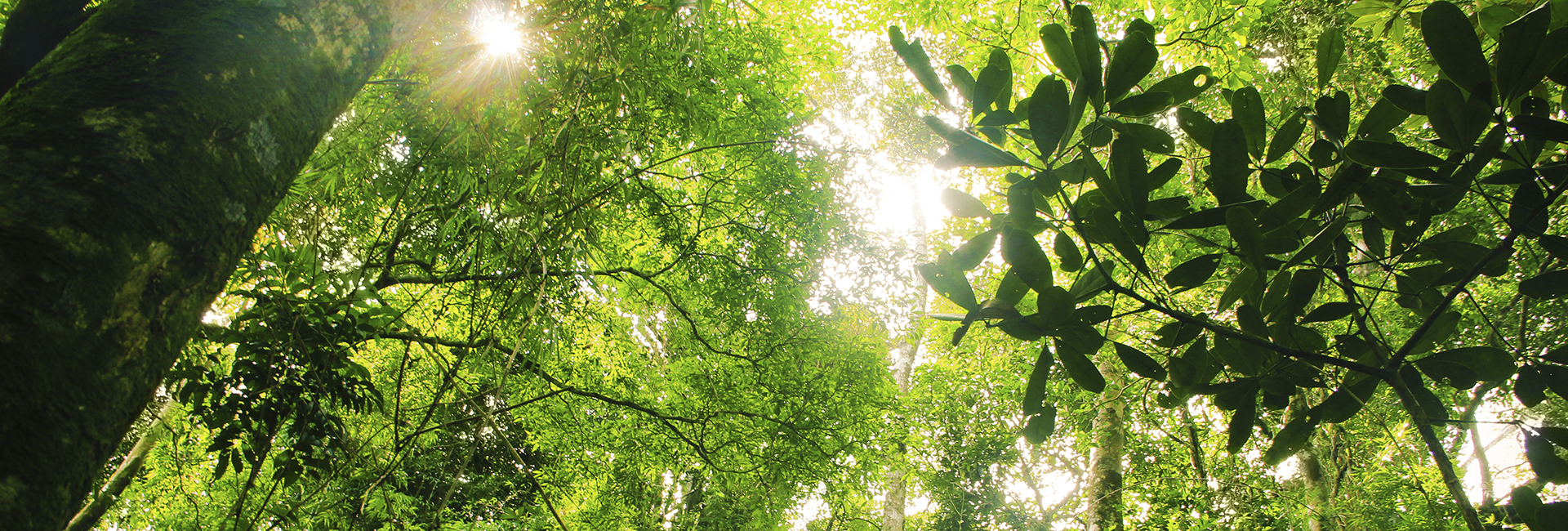

A UM geographer demonstrates how benefits outweigh costs in protecting forested areas in the Brazilian Amazon.
José Maria Cardoso da Silva, a native of Brazil, has dedicated his career to understanding and promoting ways in which tropical countries can improve socio-economic living standards while still conserving their unique biodiversity and building resilience to climate change.
"The conservation of tropical ecosystems is essential for reducing the adverse impacts of climate change and enabling global human prosperity," says Silva, professor in the University of Miami's Department of Geography and Regional Studies in the College of Arts and Sciences.

New tropical forest frontiers are regions with low deforestation rates, low population density and large natural ecosystems. They cover more than 2.2 million square miles (around 5.8 million square kilometers) in South America, Africa, and Asia and harbor the world's largest stocks of biodiversity and carbon.
The State of Amapá, in northern Brazil, bordered by French Guyana and Suriname, is one such tropical forest frontier and it is home to several protected areas.
Amapá in Brazilian Amazonia has a population of 700,000 in an area the size of Florida. The Brazilian state is also home to lakes, coastal wetlands and some of the most pristine mangroves in the Americas. The region is a hugely important carbon sink, which helps reduce global carbon dioxide emissions, in turn helping to mitigate the effects of climate change.
Silva's latest research, conducted with two Brazilian university researchers, was published in Biological Conservation in February 2016. Together, they demonstrated a positive return on investment for nine protected areas in Amapá if the areas are fully implemented. The research team calculated establishment and recurrent management costs, as well as four direct benefits (timber, non-timber forest products, fisheries, and nature-based tourism) and one indirect benefit (as a carbon sink).
If these protected areas are fully implemented, they can contribute at least $362.4 million per year in benefits to the state economy, making these areas engines of socio-economic promise.
- Jessica M. Castillo / UM News
About the Photo
The Brazilian Amazon is an important global carbon sink, helping to reduce carbon dioxide emissions in the atmosphere.
Join the Conversation
Follow on Twitter:
UM College of Arts and
Sciences, @UMCAS
University of Miami, @univmiami
UM News, @univmiaminews
